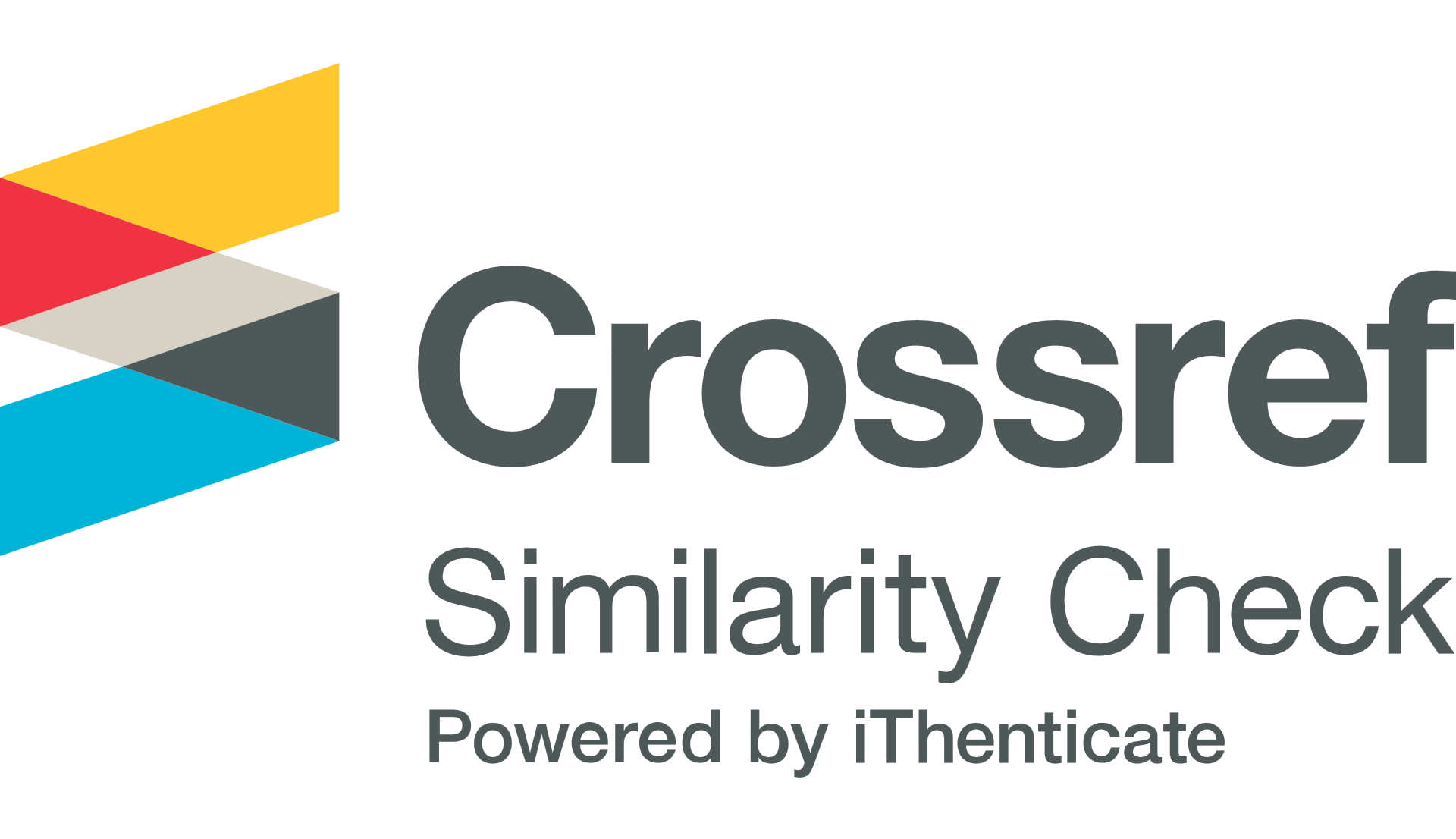"Disciplinary Authority, Spiritual Resistance , and the Evolution of Agency: A Foucauldian Analysis of Benyamin’s Goat Days"
Abstract
Abstract The central purpose of this essay is to explore the themes of state enforcement discipline and resistant strategy in Benyamin's novel Goat Days through Foucauldian lenses. The story highlights the hardships endured by migrant laborers, who are frequently overlooked and unheard in the larger political and social context. Their issues underscore how institutional power systems perpetuate socioeconomic disparities, reflecting broader themes of marginalized people endured mistreatment and neglect. The protagonist's identity as a foreign laborer is influenced by the prevailing culture's prejudices and preconceptions. This supports Foucault's claim that power is social, which means that it changes both individuals' identities and the way society works. The protagonist's journey in confinement can be interpreted as a form of resistance. The act of submitting to authority demonstrates a profound understanding of agency, as it is a survival strategy. This defiance is consistent with Foucault's perspective on power as malleable and open. The protagonist discovers comfort and survival in prayer, spiritual contemplation and social solidarity. Thus, the personal empowerment may arise despite structural oppression. The resistant opposing acts as a counter-narrative to the grim facts of imprisonment, demonstrating how religion may foster psychological resilience to reinterpretation.Key-Words: Foucauldian theory, Goat Days, Spiritual Ethics, Social Solidarity, State Hegemony


